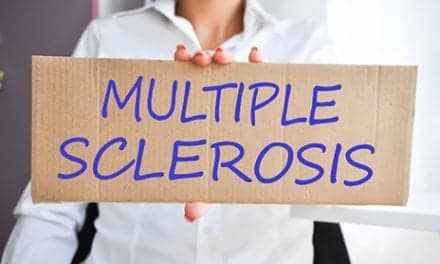The neuroQWERTY Brain Health Monitoring Solution, a device to help manage Parkinson’s disease, has been granted “Breakthrough Device” designation from the US Food and Drug Administration.
The device, from nQ Medical, is designed to characterize abnormalities in psychomotor performance and fine motor function by analyzing mechanical keyboard and touchscreen device interactions in adults with, or suspected of having, Parkinson’s Disease (PD).
The approved use is for 24/7 remote patient monitoring of disease progression and measurement of the impact of therapy in PD patients to more effectively treat symptoms of the disease, which can be a challenge for movement disorder specialists as they routinely only see Parkinson’s patients one to two times a year, according to a media release from the company.
“The breakthrough device designation reaffirms that the nQ’s brain monitoring solution enables better treatment of patients by providing more precise and timely feedback to clinicians,” says Rahul Mahajan, MD, chief medical officer of nQ Medical, in the release.
“The FDA’s recognition of enabling novel and effective digital therapies that demonstrate clinical evidence benefits helps the thousands of sufferers of Parkinson’s disease.”
“Everyone has a unique typing and touchscreen signature. Research has revealed that the way we interact with computers and mobile devices can reveal with startling accuracy the presence of certain neuromotor, neurocognitive, and neurobehavioral disorders,” R. A. Bavasso, Co-Founder and CEO of nQ Medical, comments.
The nQ platform was developed in conjunction with the Massachusetts Institute of Technology and funded, in part, by the Michael J. Fox Foundation to deliver a validated artificial intelligence tool to open a broad opportunity to better diagnose disease(s), use real-world evidence to monitor disease progression, and track therapeutic intervention effectiveness.
Machine learning algorithms detect subtle psychomotor impairment typical of these diseases by analyzing the timing of keystrokes and device pressure. Consistent with HIPAA, no information on what is typed/touched is captured, only “how” it is typed/touched. No investment in a proprietary device or no unnatural tasks are required, the release explains.
“Just live your life as you normally do with your chosen personal device and we can collect and feed back to you and your physician the status of your brain health,” Bavasso adds.
The AI tool provides unified data management across the entire clinical lifecycle, from clinical trials to physician dashboards, from patient engagement to population health, allowing for a completely integrated experience. The machine learning approach provides a complete perspective from individual baseline data, per the release.
[Source(s): nQ Medical, PRWeb]





